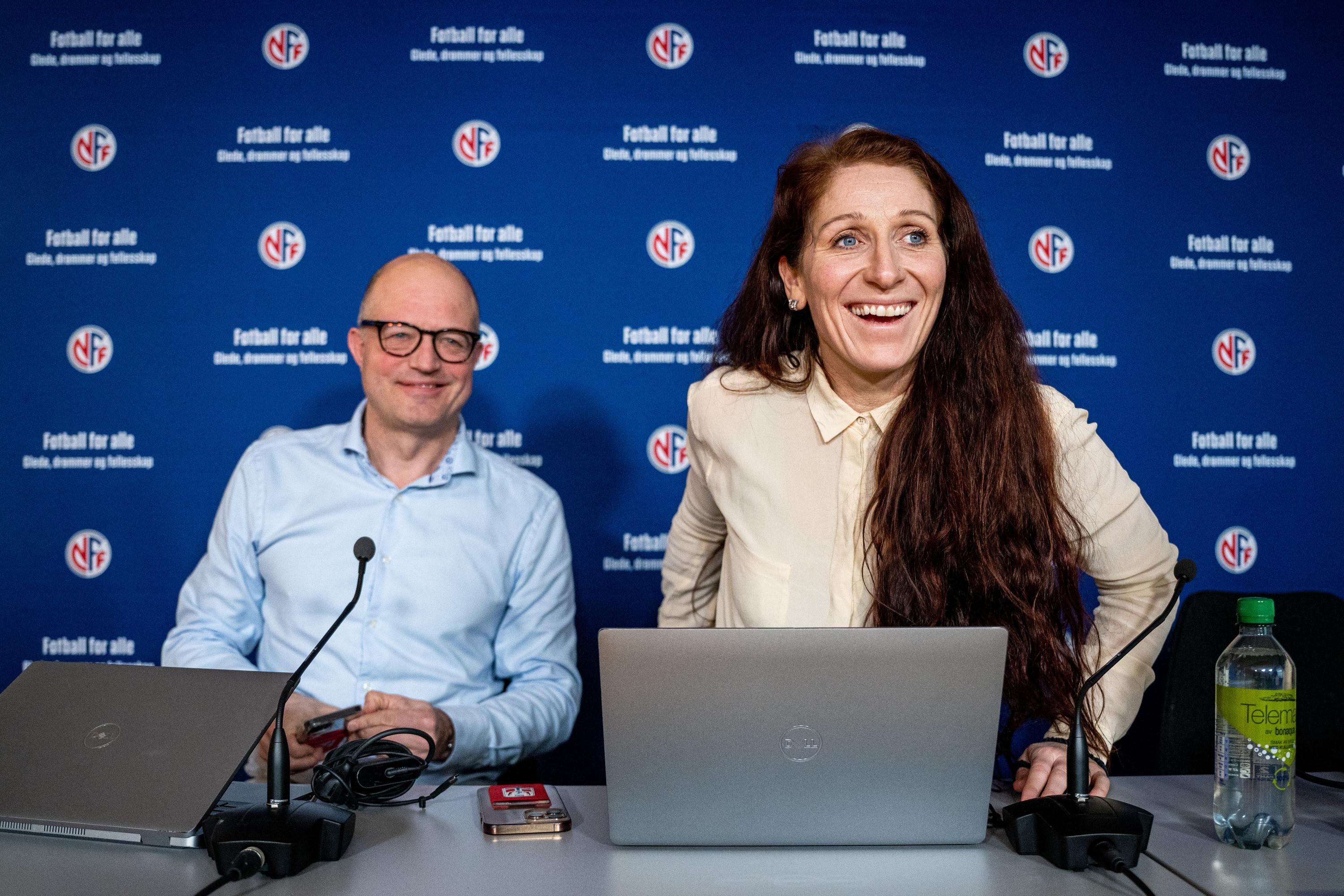Future-oriented organisation

Why is this important for achieving our goals?
Effective organisation, a positive working environment, strong engagement, and a willingness to embrace change are essential for NFF to drive Norwegian football's strategic goals. With a rapidly changing world and a growing organisation, we must adapt to new needs, allocate resources more efficiently, and ensure smooth workflows between the central administration, regional associations, and clubs.
NFF is a knowledge-based organisation that must stay ahead of football's development. We strive for a working environment characterised by strong leadership and teamwork, fostering a constructive, open, and positive feedback culture where everyone is inspired to perform at their best. We will prioritise staff development, ensuring we meet future demands and challenges with expertise and innovation.
An inclusive and positive culture will define NFF's workplace. Diversity adds value, and by attracting top talent and developing individuals with different backgrounds and perspectives, we build a stronger organisation. We will actively strengthen collaboration between the federation, regional associations, elite and grassroots clubs, and interest groups.
We will establish routines for continuous evaluation and precise measurement of progress. We ensure transparency and commitment to our objectives through annual status reports and open dialogue.
The Role of the Organisational Committee and Regional Associations
Regional associations play a crucial role in developing Norwegian football, and we will work within collaborative regions to create better synergies and resource allocation. At the same time, both NFF and the regional associations must operate efficiently and with a service-oriented approach, ensuring clubs receive the support they need for a smoother and better everyday operation.
We face increasing resource disparities within Norwegian society, a critical facility crisis due to the phasing out of rubber granules, and demographic challenges, including more players on smaller pitches in urban areas and fewer players in rural districts. These factors require regional offices to strengthen their political expertise and ability to act as strategic advisors within local communities. Regional associations will assist clubs in their areas with guidance and coordination, enabling them to address local challenges in a targeted manner. Their work will encompass the entire football ecosystem in their regions, from reinforcing grassroots football to supporting elite football development. In this way, we can ensure Norwegian football's holistic and sustainable growth.
By 2030, we will:
Improve gender equality by ensuring that, from 2030 onwards, 50% of new administrative hires and 20% of coaching hires at NFF centrally and within the regional associations are women.
Strengthen collaboration between regional associations and between the regions and central administration, ensuring clear division of responsibilities and effective resource allocation.
Clarify responsibilities and allocate resources for organisational development initiatives within NFF.
Implement continuous updates and evaluations of our strategic objectives, both centrally and regionally, using comprehensive and consistent methods.
Les mer
Conduct skills assessments and systematic succession planning to identify future leaders within NFF and offer leadership and professional development programmes.
Foster an inclusive and positive organisational culture by optimising internal communication and collaboration tools to promote dialogue and knowledge sharing.
Next page